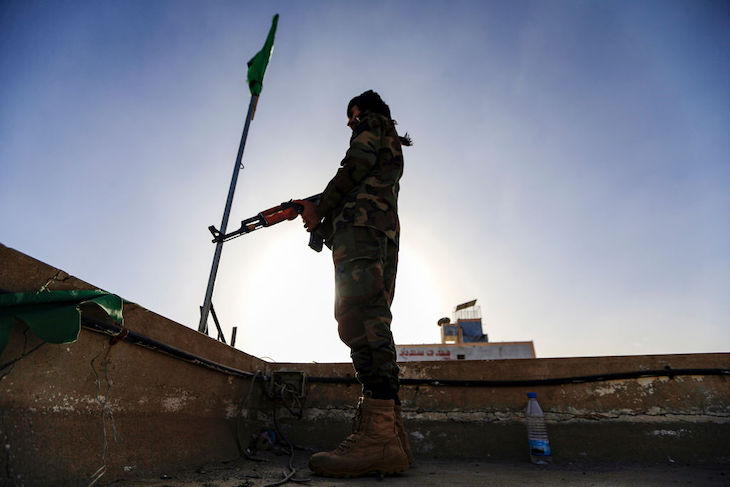Performative sanctions have long been the last refuge of the lazy policymaker looking to ‘do something’. Take, for instance, the sanctions that are slapped on unsavoury individuals from around the world on an almost-weekly basis: Turkish assassins, Iranian guerrilla commanders, Somali pirates, and Yemeni rebels are among those who have been whacked with the sanctions stick. Unsurprisingly, nobody has repented as a result of being listed, meaning that the sanctions roster is a government naughty list and little more. After more than a decade of performative sanctions, the public is slowly cottoning onto the fact that they don’t seem to offer much. Amidst this scrutiny, policymakers are increasingly drawn to what might be called the performative airstrike.
On Friday night, the U.S. bombed Iraq and Syria in response to the killing of three U.S. service-members. On Saturday night, a U.S.-UK airstrikes hit targets in the Yemeni capital of Sana’a. In both cases, thousands of pounds of ordinance projected a voter-friendly image of fire and fury.

Get Britain's best politics newsletters
Register to get The Spectator's insight and opinion straight to your inbox. You can then read two free articles each week.
Already a subscriber? Log in






Comments
Join the debate for just £1 a month
Be part of the conversation with other Spectator readers by getting your first three months for £3.
UNLOCK ACCESS Just £1 a monthAlready a subscriber? Log in